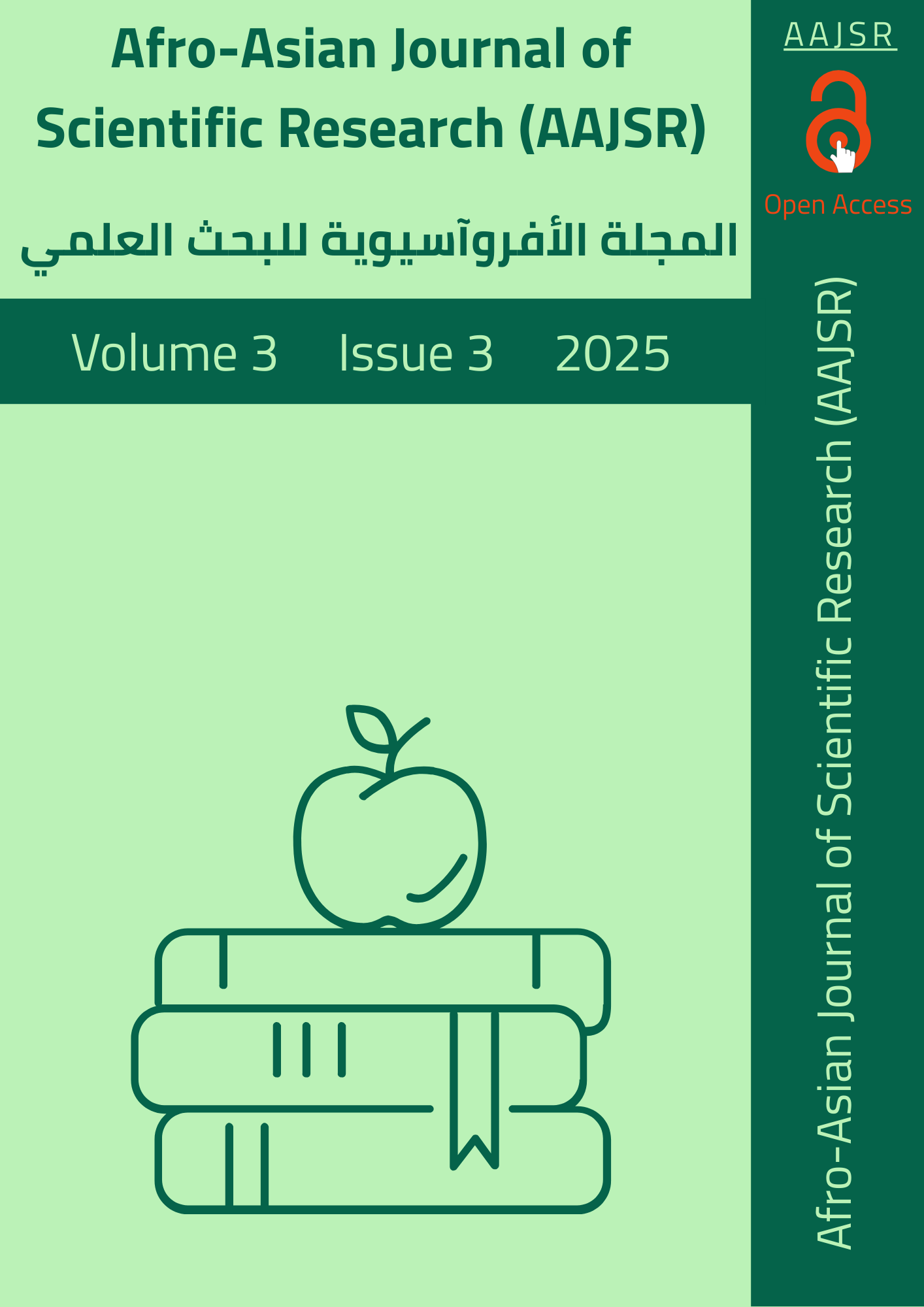Using the Empathy Map Instrument to Analyze Human-Computer Interaction in Web Search Interfaces Among Libyan Children
الكلمات المفتاحية:
Human-Computer Interaction، Children، Empathy Mapping، Web Search Google Interface، Web Search Bing Interfaceالملخص
Children, due to their developmental stage, often face cognitive, physical, and experiential limitations that affect their interaction with computer interfaces. Their use of technology is influenced by factors such as limited reading skills, reduced attention span, and a lack of familiarity with digital tools. These challenges necessitate the application of both qualitative and quantitative research methods to understand their unique interaction patterns. This study employed the Empathy Map tool as a qualitative analysis technique to explore the attitudes, behaviors, and challenges experienced by children when interacting with web search interfaces. The study sample consisted of 15 children aged between 6 and 10 years, comprising 7 girls and 8 boys. Age was the sole variable considered in the analysis. A usability test was conducted in which each participant was asked to complete two search tasks using Google and Bing search engines independently. Data collection was carried out through observation and detailed note-taking. The findings derived from the Empathy Map tool provided insights into the children's thought processes, emotions, and behavioral tendencies during web search interactions, specifically with Google and Bing interfaces. The study highlights the need for child-friendly design considerations in search engine interfaces to improve accessibility and usability for younger users.







